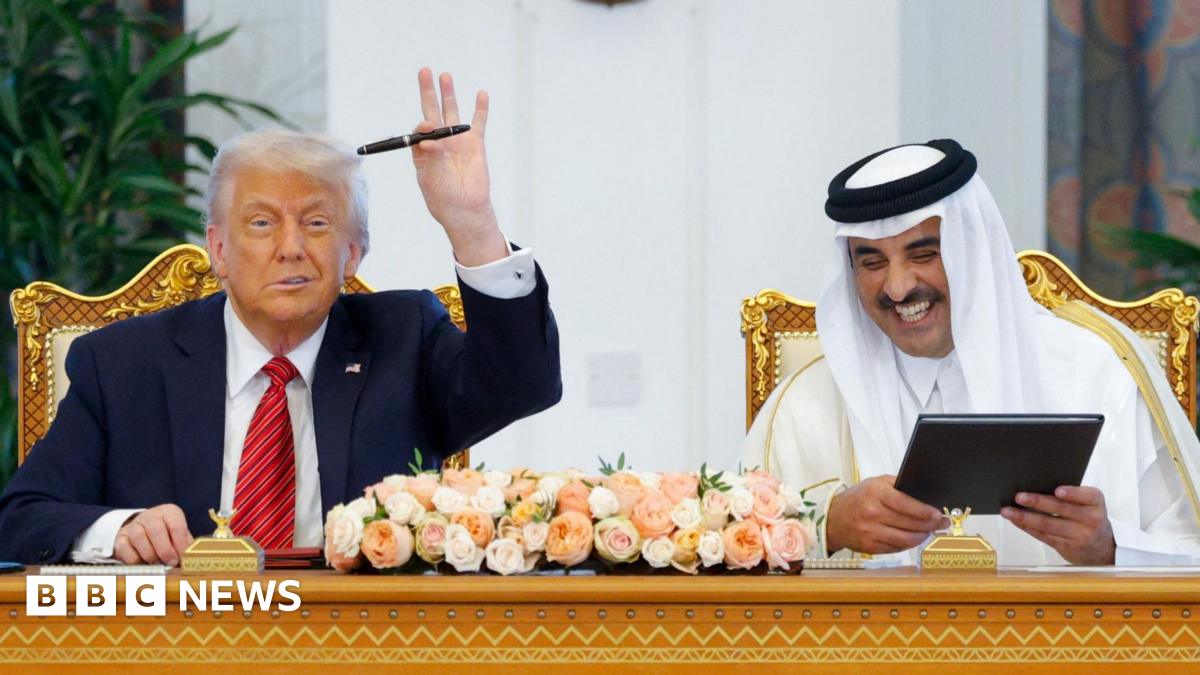Australia's Immigration Debate Heats Up: Should Albanese Follow the UK's Lead?

The Australian immigration landscape is facing renewed scrutiny as calls grow for Prime Minister Anthony Albanese to consider mirroring recent policy changes in the United Kingdom. Ben Fordham, a prominent media personality, has publicly urged Albanese to restrict the number of migrants entering Australia, sparking a national debate about the country's immigration levels and their potential impact.
This call to action comes as the UK government, under the leadership of Prime Minister Keir Starmer, has unveiled measures aimed at curbing immigration. Starmer himself cautioned against the UK risking becoming an “island of strangers,” highlighting concerns about social cohesion and integration within the nation. The UK’s approach involves tightening visa requirements and exploring strategies to reduce net migration figures.
The Australian Context: A Growing Conversation
Australia has historically benefited from immigration, with migrants contributing significantly to the nation’s economic growth and cultural diversity. However, recent years have seen increased debate around the sustainability of current immigration levels. Concerns have been raised about the strain on infrastructure, housing affordability, and the potential impact on wages for Australian workers.
Fordham’s argument centers on the belief that a more controlled approach to immigration is necessary to address these challenges. He suggests that Australia needs to prioritize skilled migrants who can fill critical labor shortages while carefully managing the overall intake to ensure the country's resources and infrastructure can adequately support the population.
Comparing Approaches: UK vs. Australia
While the UK and Australia share some similarities in their immigration systems, there are also key differences. The UK's recent policy shift is partly driven by a desire to address concerns about the impact of Brexit on the labor market and the broader economy. Australia's immigration program is more closely tied to its economic needs, with a focus on attracting skilled workers and investors.
However, the underlying concerns about managing immigration levels and ensuring social cohesion are shared by both countries. The UK’s experience could provide valuable insights for Australia as it navigates its own immigration policy decisions.
Potential Implications for Australia
If Prime Minister Albanese were to follow the UK's lead and restrict immigration numbers, it could have several significant implications for Australia. Firstly, it could lead to a reduction in the supply of labor, potentially impacting industries that rely heavily on migrant workers, such as agriculture and construction.
Secondly, it could affect Australia's economic growth, as immigration has historically been a key driver of GDP. However, proponents of stricter immigration controls argue that a more sustainable approach could lead to long-term economic benefits by alleviating pressure on infrastructure and housing.
Finally, it could reshape Australia’s demographic profile, potentially impacting the country’s cultural diversity and social fabric. Any changes to immigration policy would need to be carefully considered to ensure they align with Australia’s values and national interests.
The Road Ahead
The debate surrounding Australia’s immigration policy is likely to continue in the coming months. Prime Minister Albanese and his government face a complex balancing act: addressing concerns about the impact of immigration while ensuring Australia remains a welcoming and prosperous nation for all. The UK's experience provides a case study that Australia can learn from as it charts its own course.






